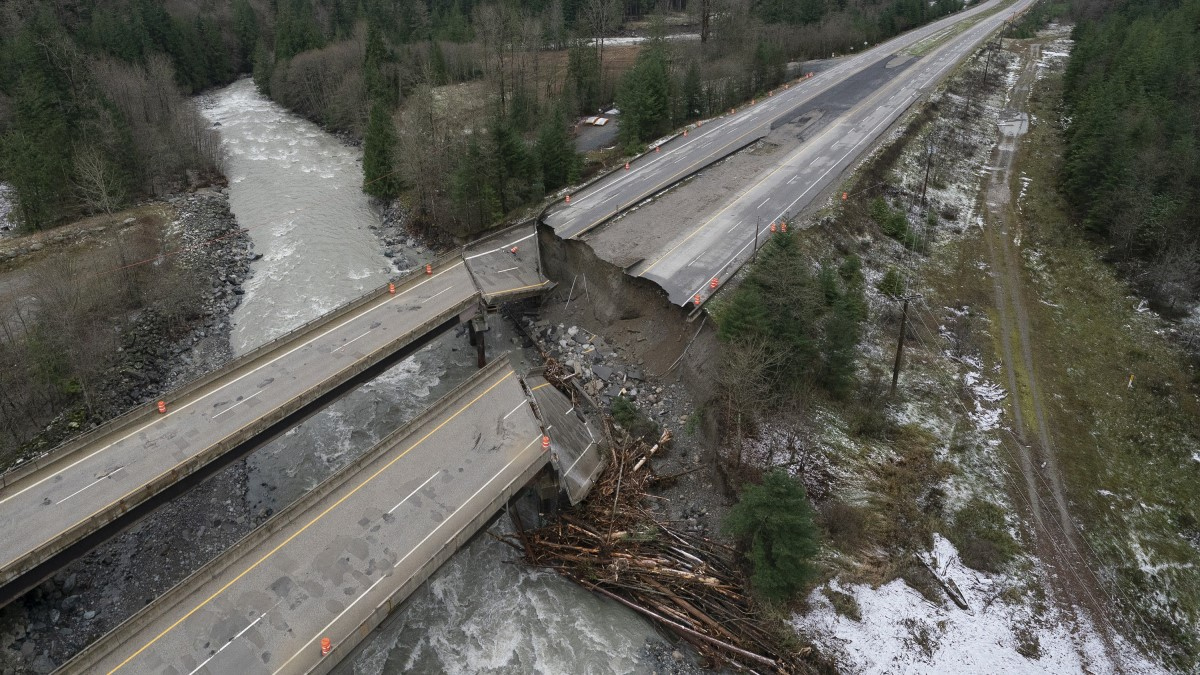The rains that fell a few days ago caused floods and landslides that cut off thousands of people from the outside world.
Temporary restrictions on fuel and non-essential travel have been imposed by the province of British Columbia in western Canada to mitigate supply chain disruption and aid rehabilitation work. Heavy rains that fell in the province on Sunday and Monday caused floods and landslides that cut off thousands of people from the outside world. According to regulations announced by Deputy Prime Minister Mike Farnworth in a briefing, 30 liters of fuel will sometimes be available at gas stations in some areas, including Vancouver Island, through December 1. Non-essential travel will be prohibited on severely affected highways.
The situation is catastrophic
“These regulations help maintain trade, stabilize supply chains and ensure everyone can return home safely.” Farnworth said. Storms that began Sunday shut down the Trans Mountain pipeline, and a natural disaster brought traffic to a standstill on two vital East-West rail lines leading to Canada’s busiest port, Vancouver, hampering the transportation of fuel and goods. Farnworth said the province is working with the federal government to import fuel from the United States or neighboring Alberta by alternative methods, including trucks and barges. “In the event of any unexpected issues, we currently estimate that service will be restored by the middle of the week.” Salem Woodrow, the regional spokesperson, said in an email.
The Trans Mountain pipeline, which transports 300,000 barrels of crude oil per day from Alberta to the Pacific coast, is expected to resume delivery in some form by the end of next week. The local railway company said the restoration of the damaged railway network is expected to take place at least until next week. In Abbotsford, east Vancouver, water pumps are still working, but if they fail, authorities say all 160,000 residents will have to leave the city.
The disaster would be the costliest natural disaster of all time in Canada.
Rail closures have forced freight exporters to divert shipments from Vancouver, demonstrating the vulnerability of Canadian supply chains to climate change.
(MTI)
Photo: MTI / AP / The Canadian Press / Jonathan Hayward












































